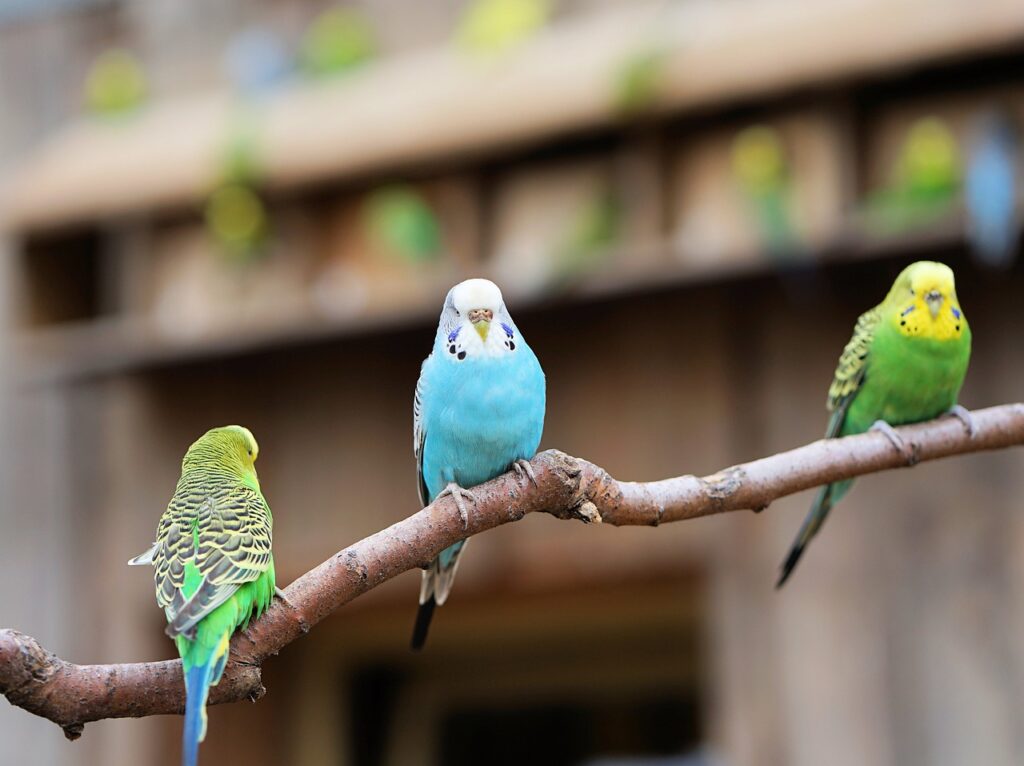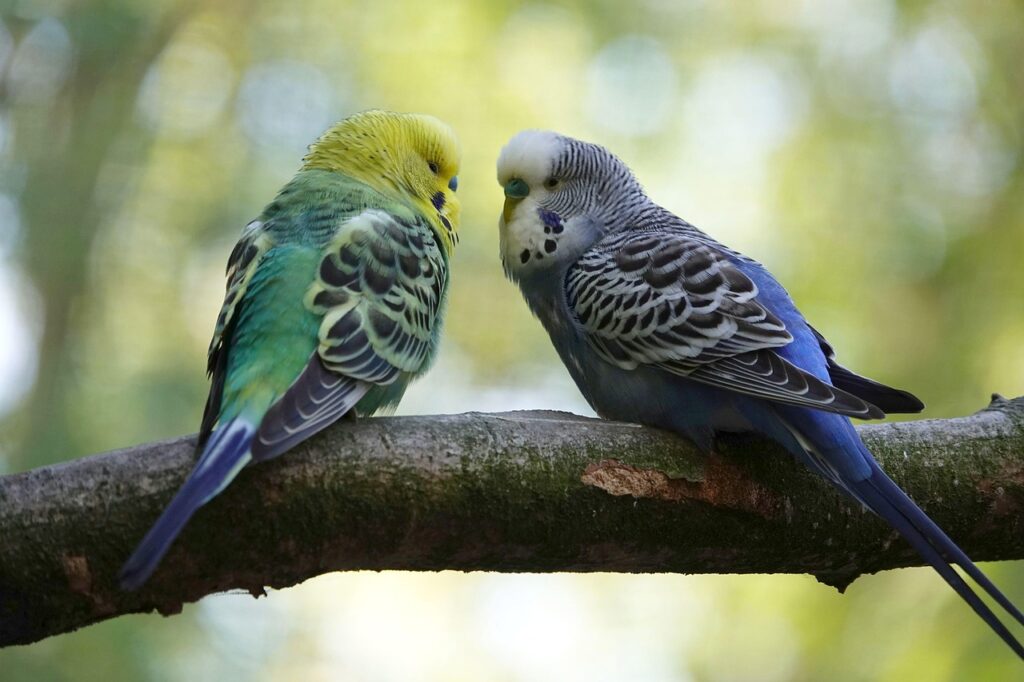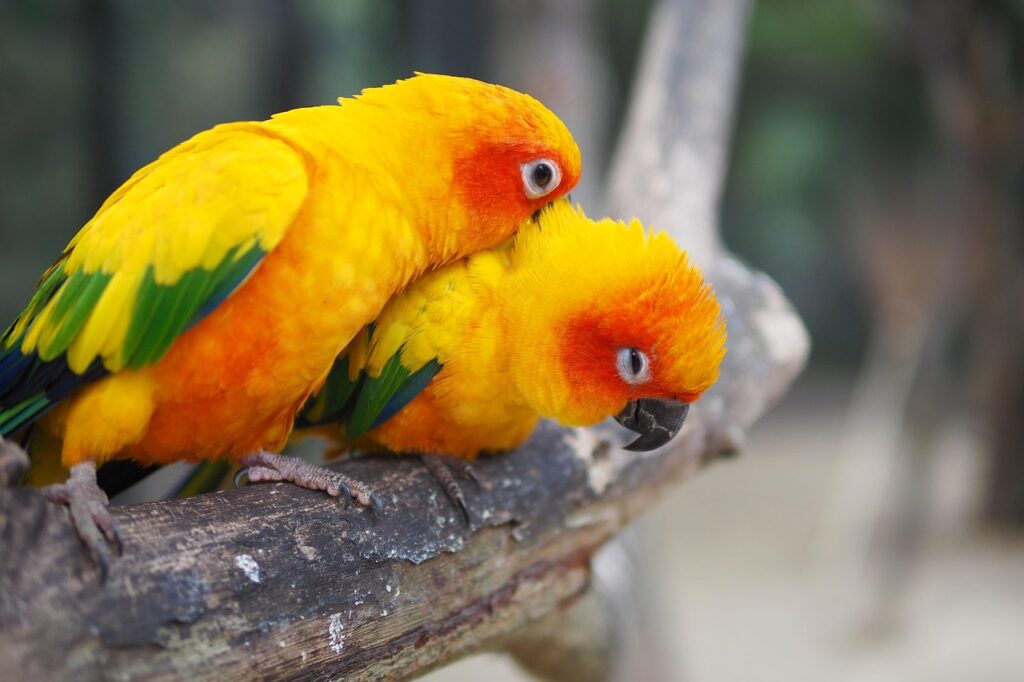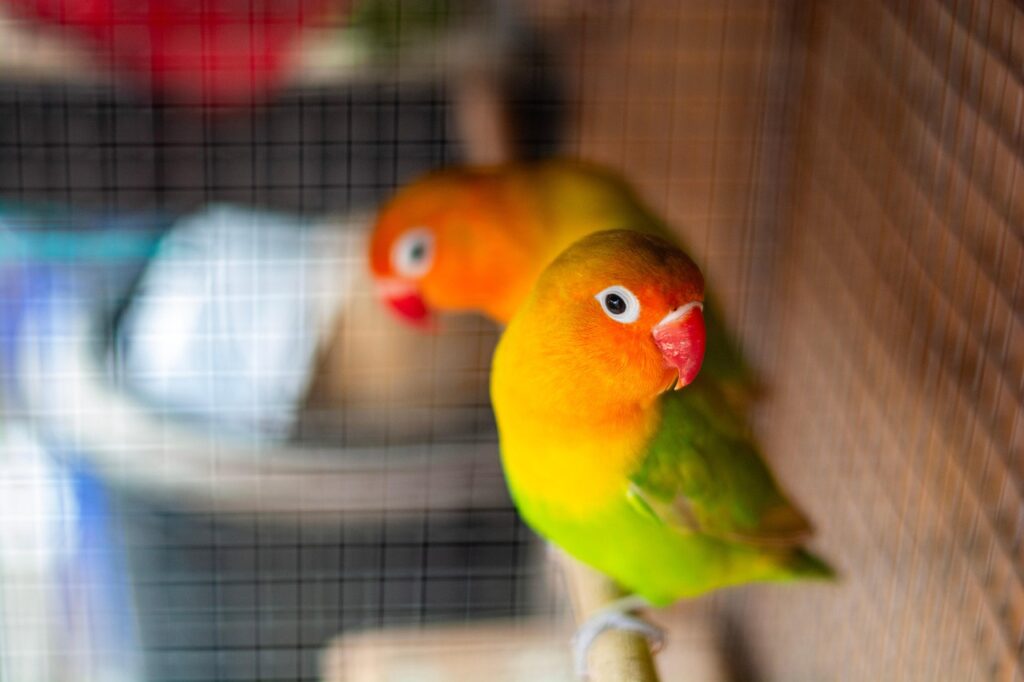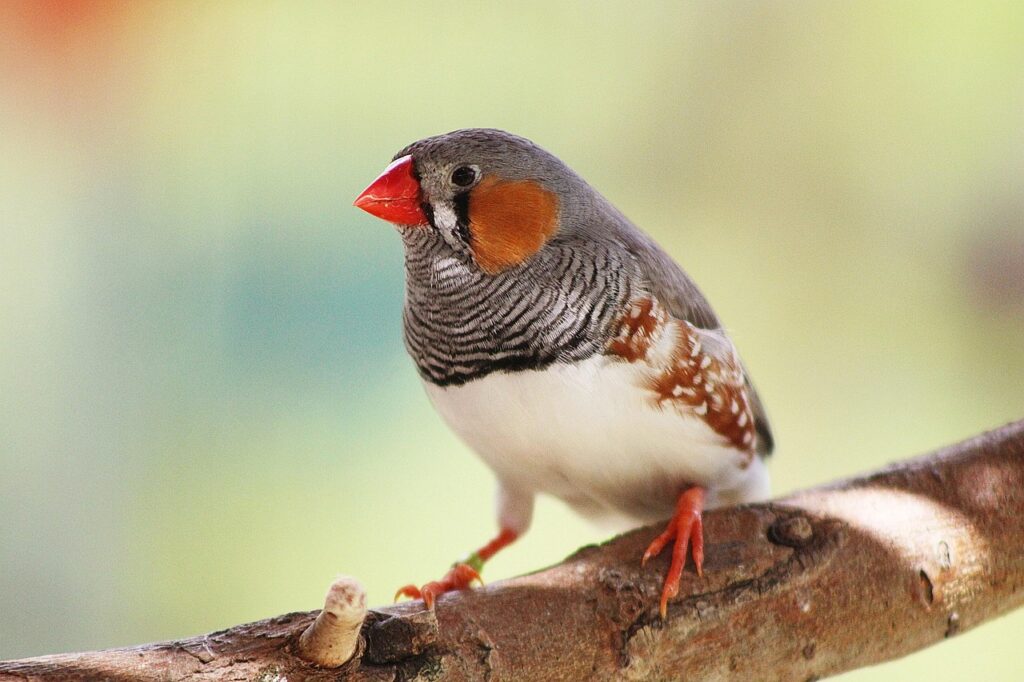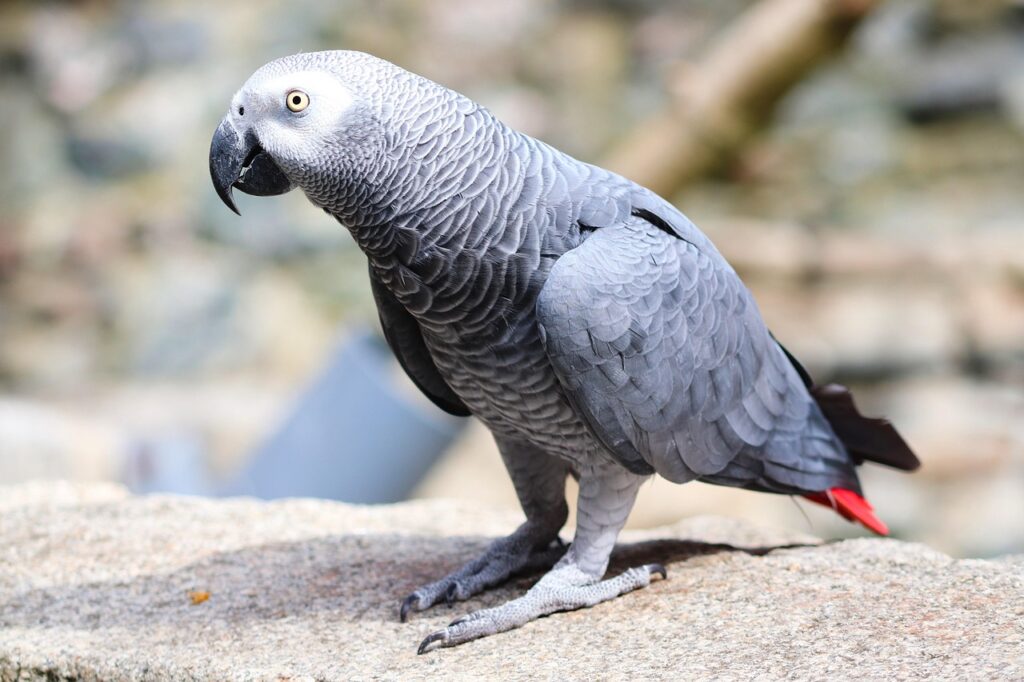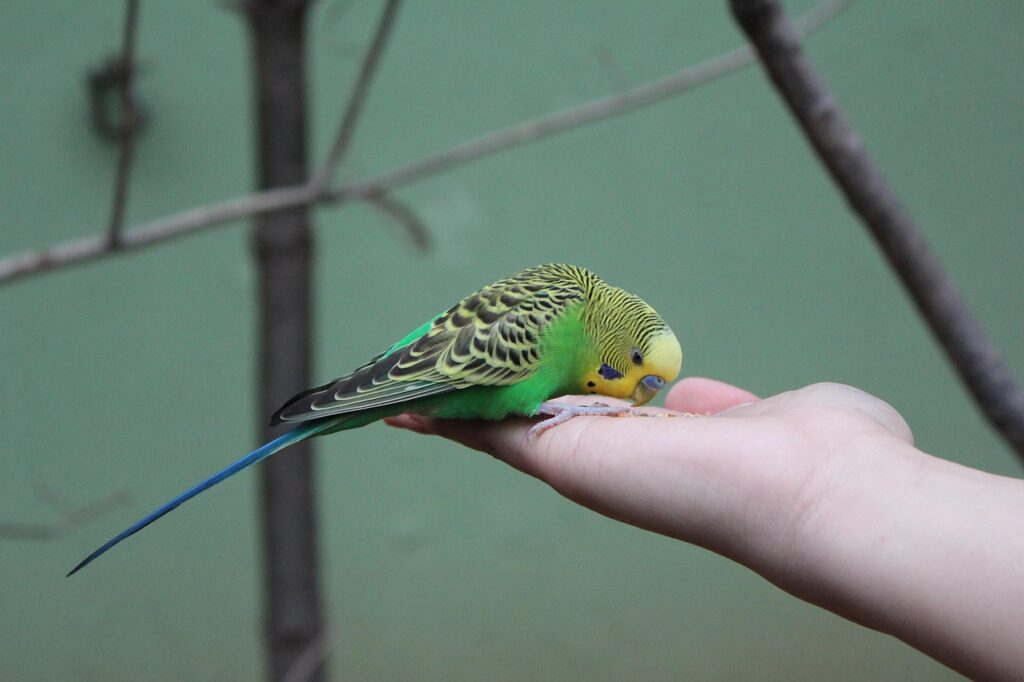Every dog owner wants to provide their furry friend with healthy, natural treats. Homemade dehydrated dog treats have become increasingly popular among pet parents seeking nutritious alternatives to commercial options. This comprehensive guide will walk you through everything you need to know about creating and choosing these wholesome snacks.
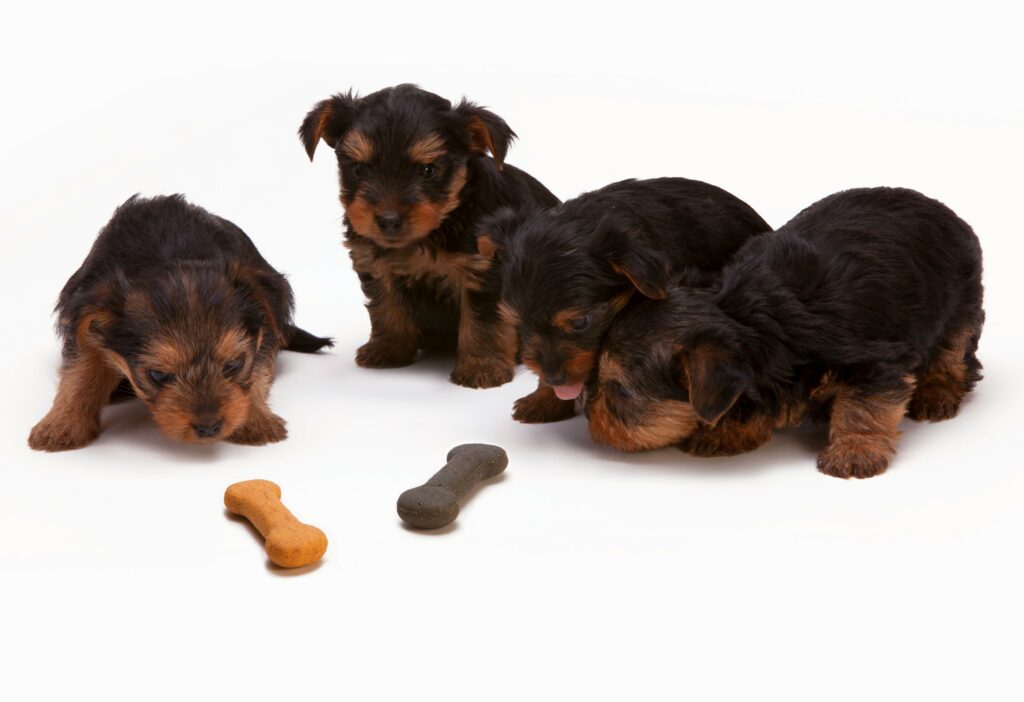
Understanding the Benefits of Dehydration
The process of dehydrating treats offers numerous advantages for both pets and their owners. When food is properly dehydrated, it retains most of its nutritional value while eliminating moisture that could lead to spoilage. Natural enzymes and nutrients remain largely intact, making these treats particularly beneficial for dogs with sensitive digestive systems.
Choosing the Right Ingredients
Ingredient selection is crucial for creating safe and healthy dehydrated dog treats. Fresh, high-quality meats like chicken, turkey, and beef serve as excellent base ingredients. Lean cuts are preferable as they reduce the risk of spoilage during the dehydration process. Additionally, many fruits and vegetables can be dehydrated to create nutritious snacks:
Safe options include:
- Sweet potatoes
- Apples (without seeds)
- Carrots
- Lean meat cuts
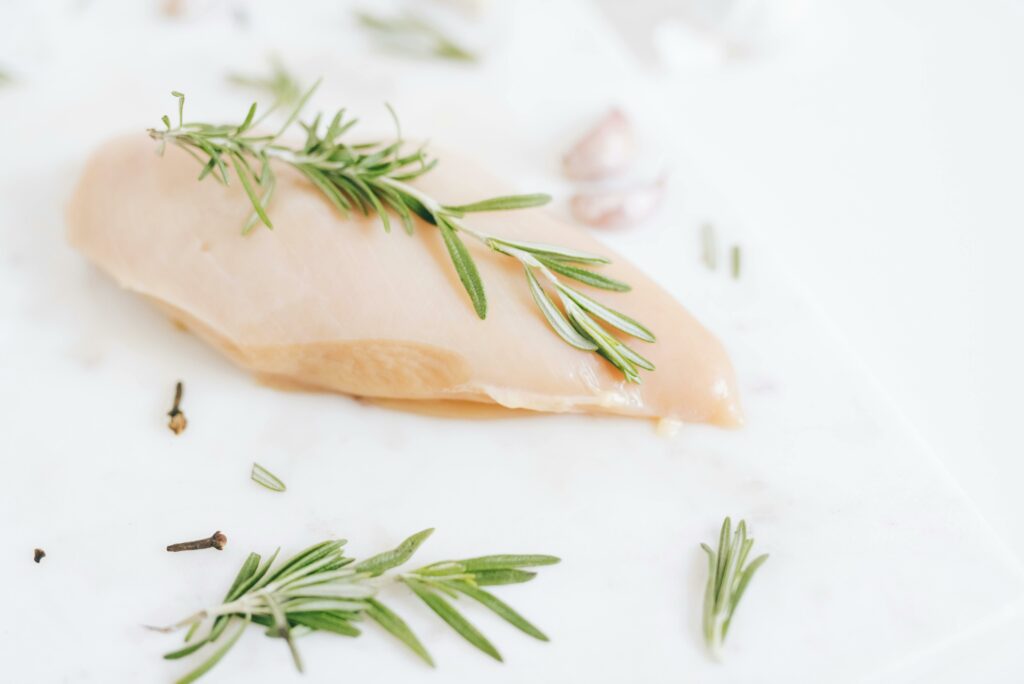
The Dehydration Process
Creating dehydrated dog treats requires careful attention to food safety and proper technique. Temperature control is essential during the dehydration process, typically ranging between 135°F and 165°F depending on the ingredient. Proper preparation includes:
- Trimming excess fat
- Cutting ingredients into uniform sizes
- Ensuring adequate airflow between pieces
Storage and Safety Guidelines
Proper storage is crucial for maintaining the quality and safety of dehydrated dog treats. Airtight containers are essential for preventing moisture from compromising the treats. Store them in a cool, dry place and always check for any signs of spoilage before feeding them to your pet.
Health Considerations and Portion Control
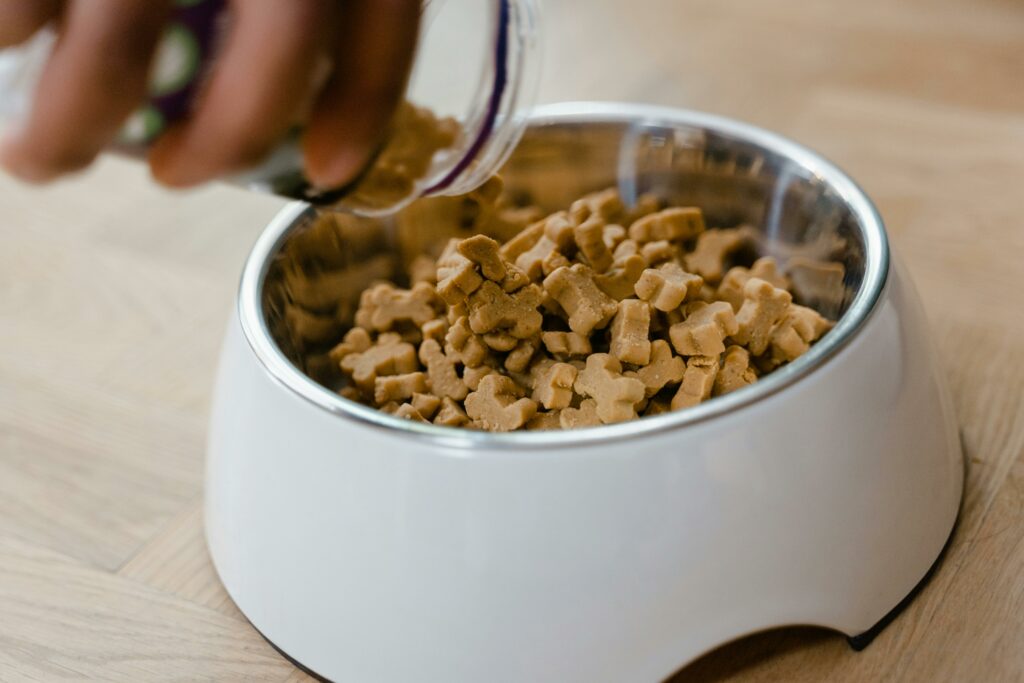
Like any treat, dehydrated snacks should make up no more than 10% of your dog’s daily caloric intake. Portion control becomes particularly important with dehydrated treats, as the concentration of nutrients increases during the dehydration process.
Conclusion
Dehydrated dog treats offer a healthy, natural alternative to conventional pet snacks. Whether made at home or purchased from reputable manufacturers, these treats can provide your furry friend with nutritious, enjoyable rewards while giving you peace of mind about what goes into their diet.
References
How Many Treats Can Your Dog Really Have? – https://www.akc.org/expert-advice/nutrition/how-many-treats-can-dog-have/
Evaluation of nutritional value and microbiological safety in commercial dog food – https://link.springer.com/article/10.1007/s11259-021-09791-6?utm_source=
Sharing is Caring: Foods You Can Safely Share with Your Pet – https://www.aspca.org/news/sharing-caring-foods-you-can-safely-share-your-pet?utm_source=chatgpt.com































